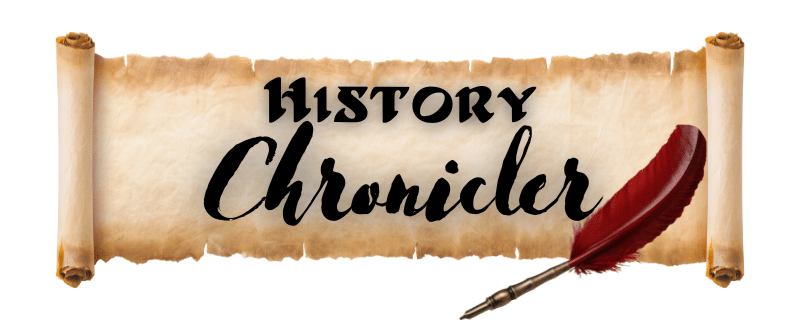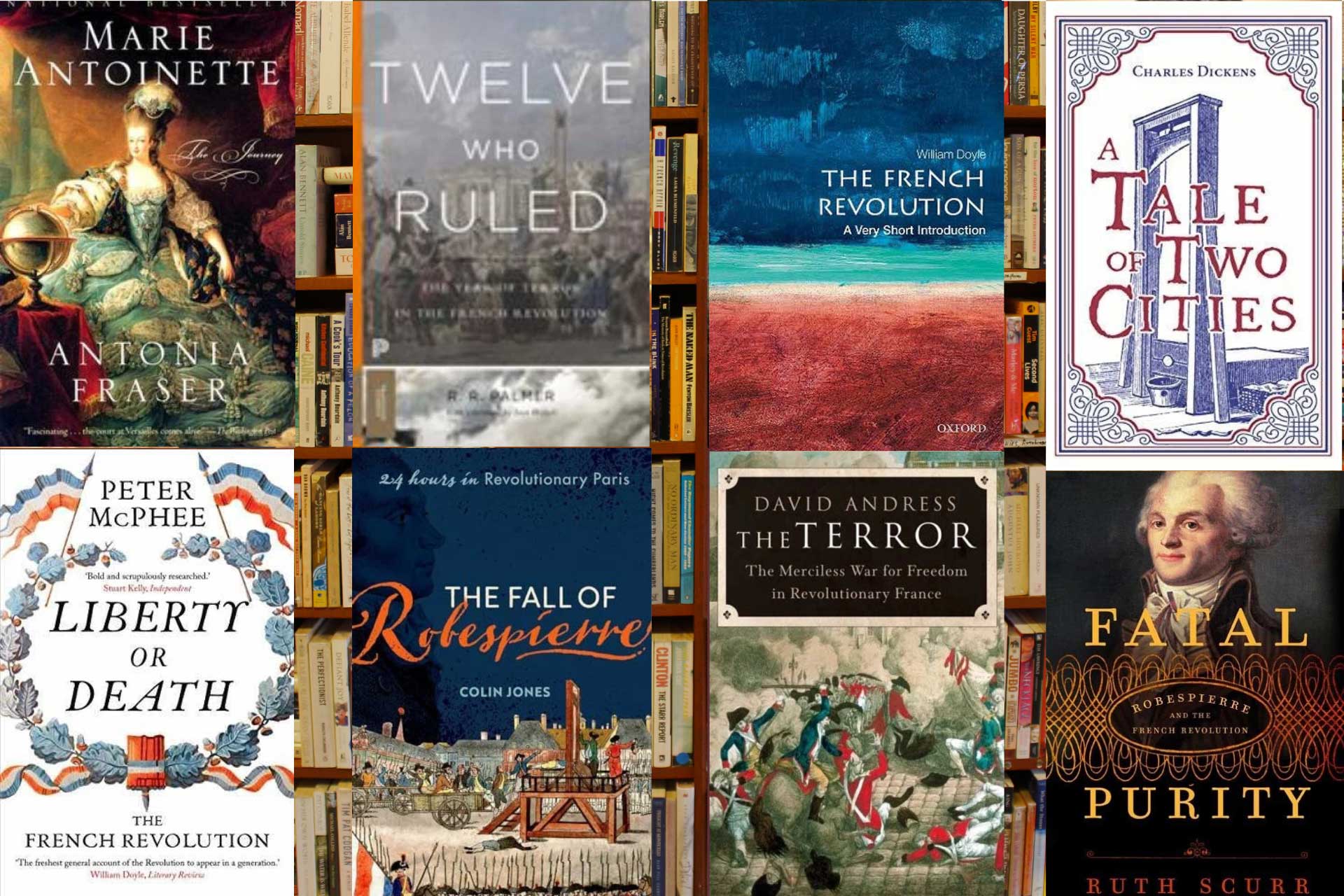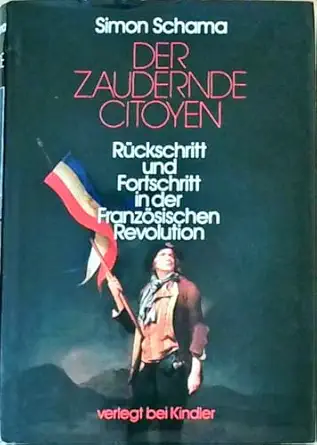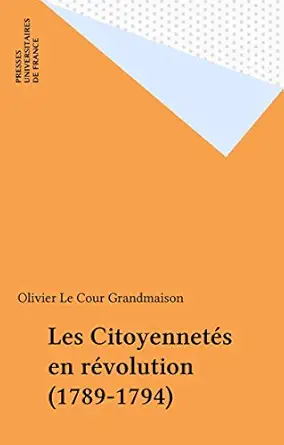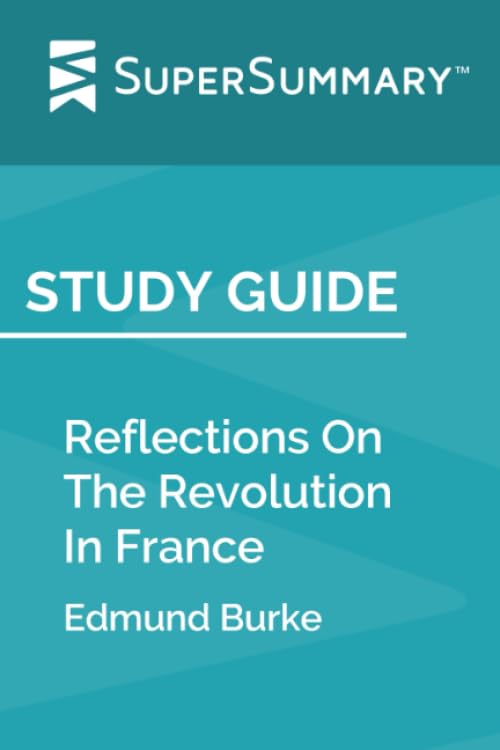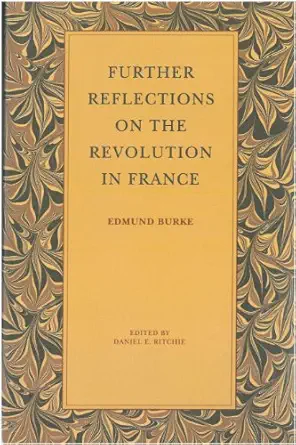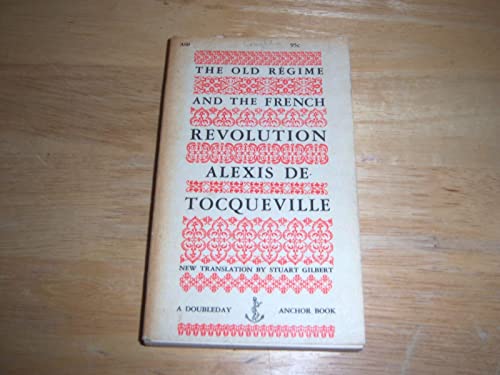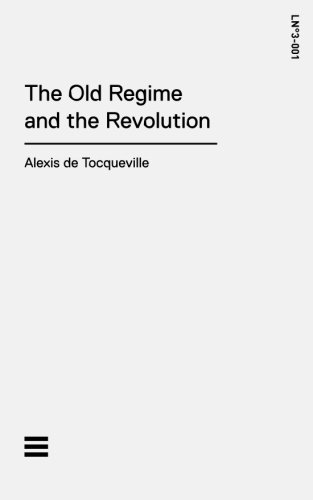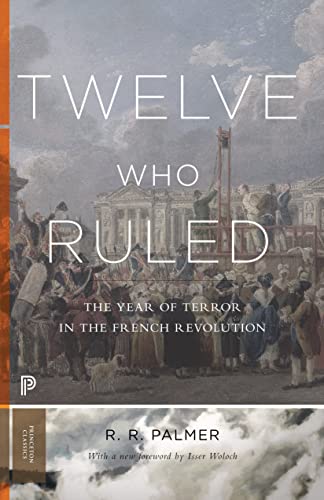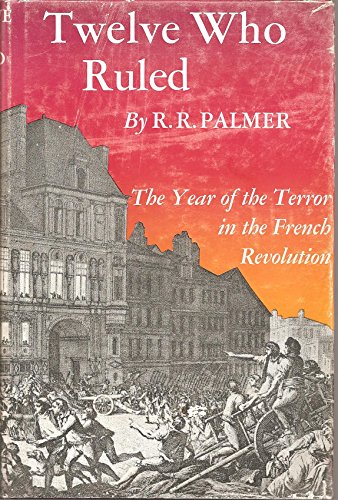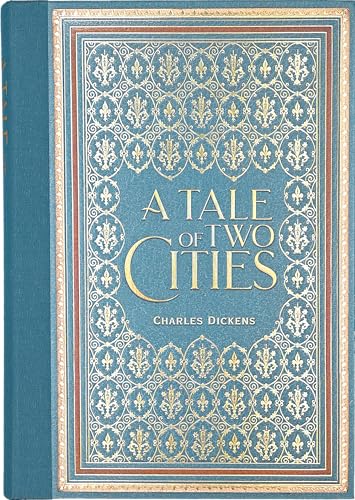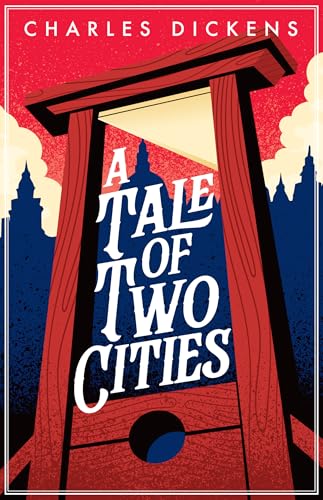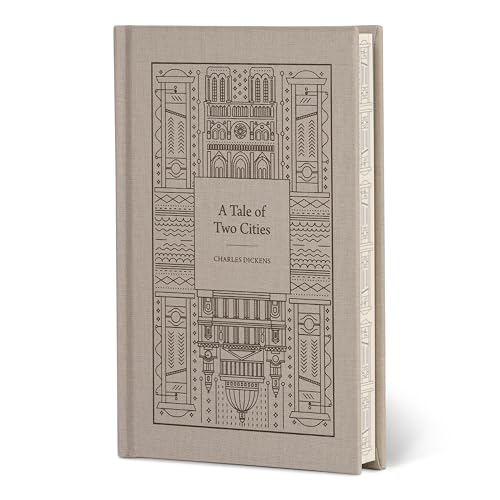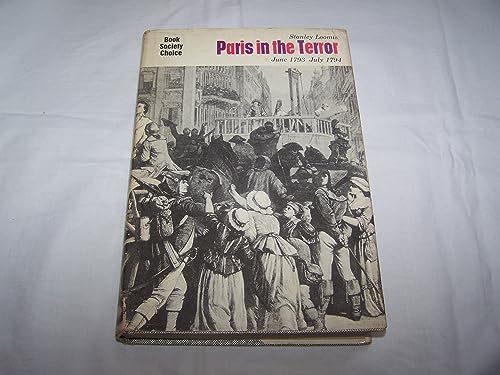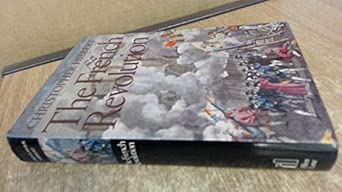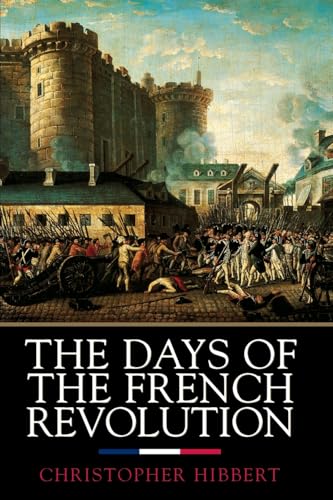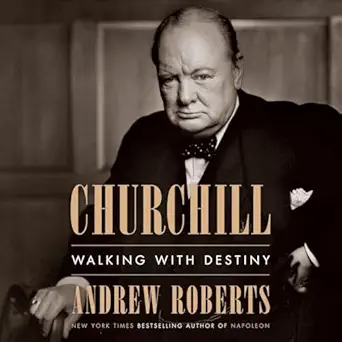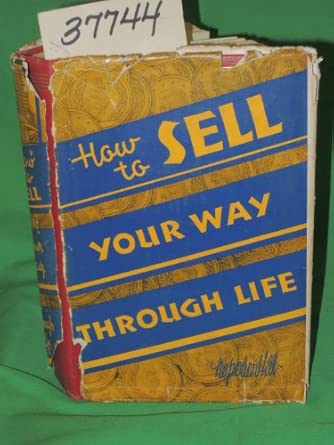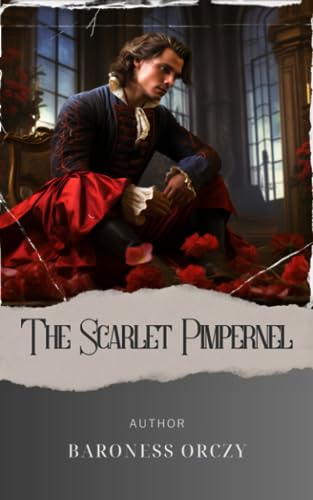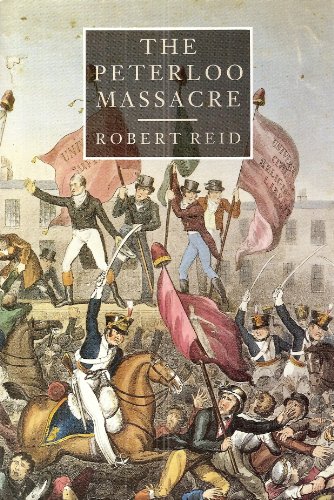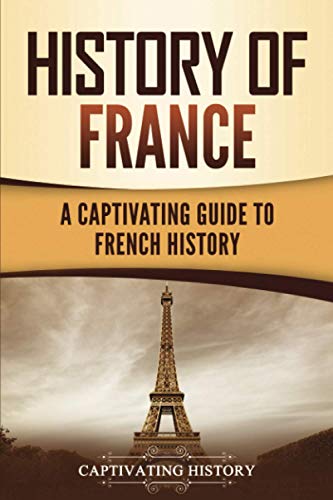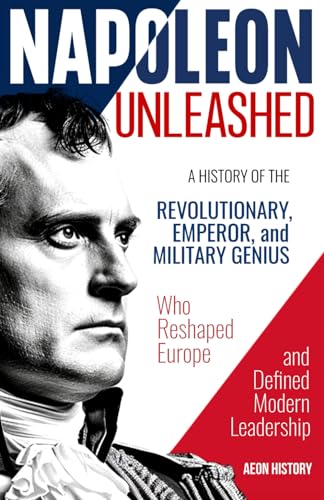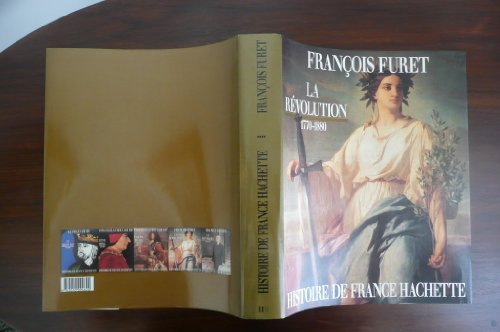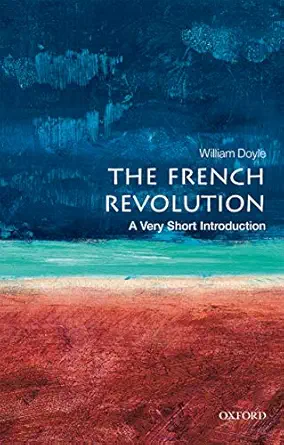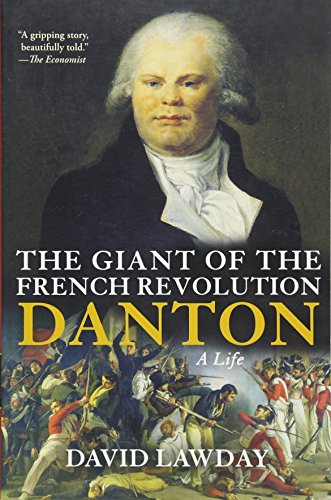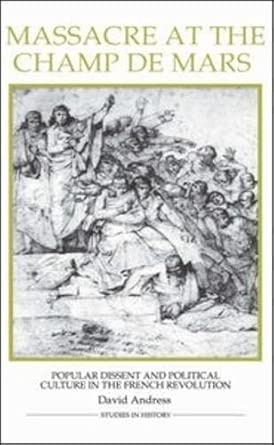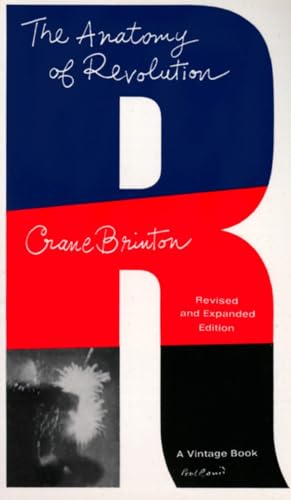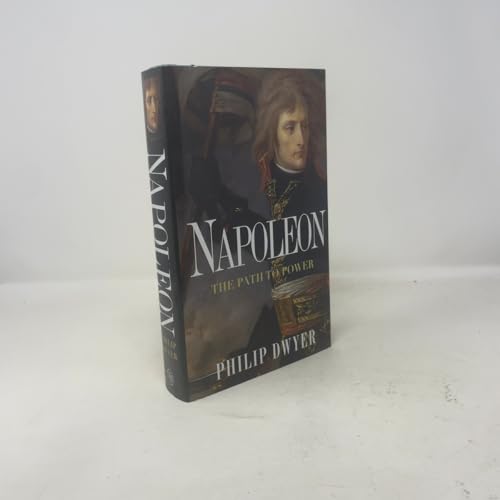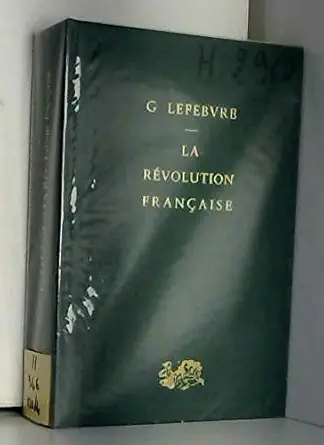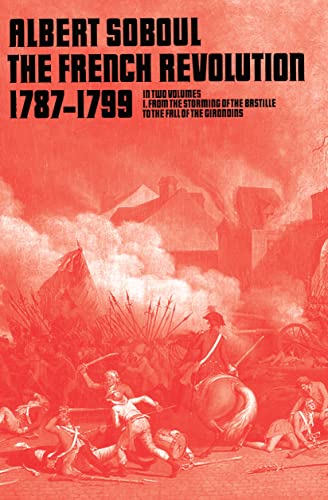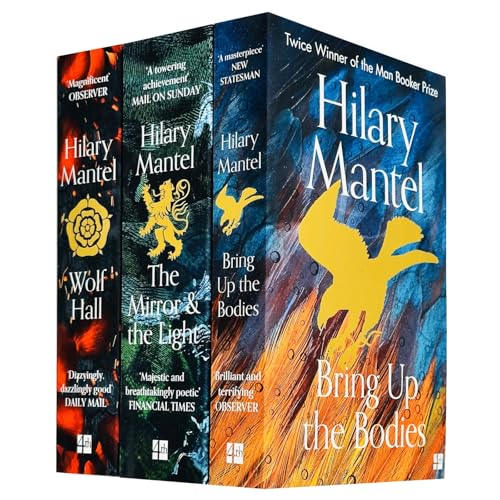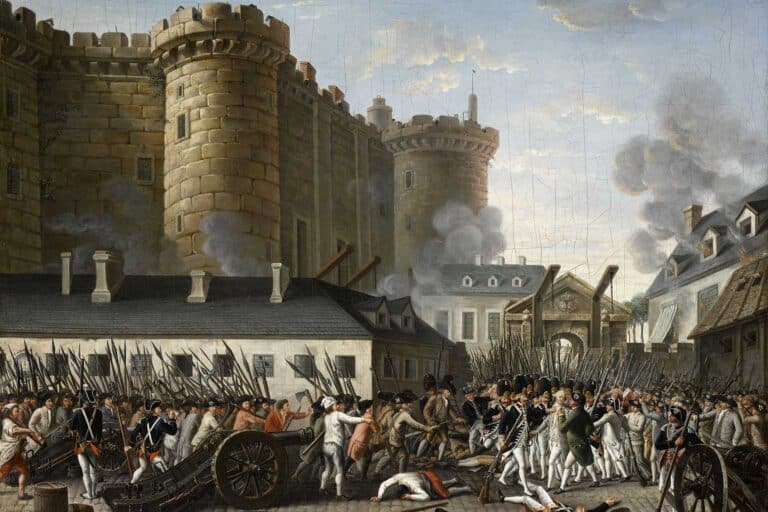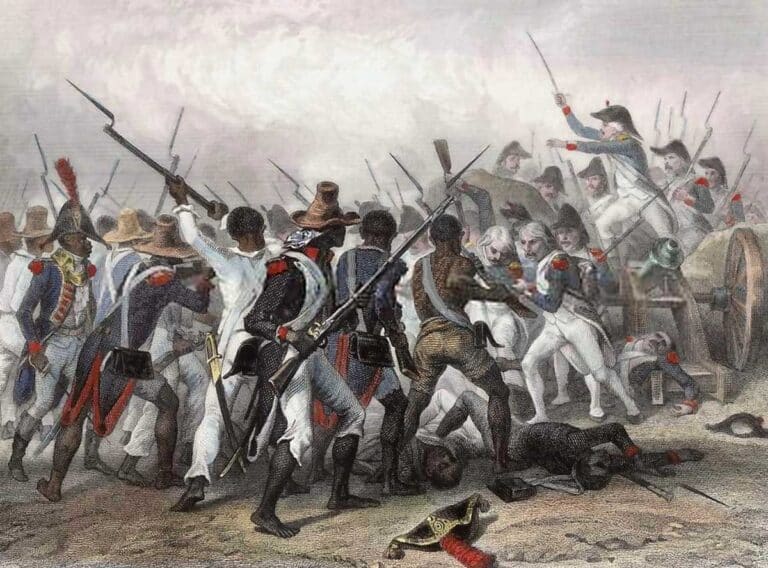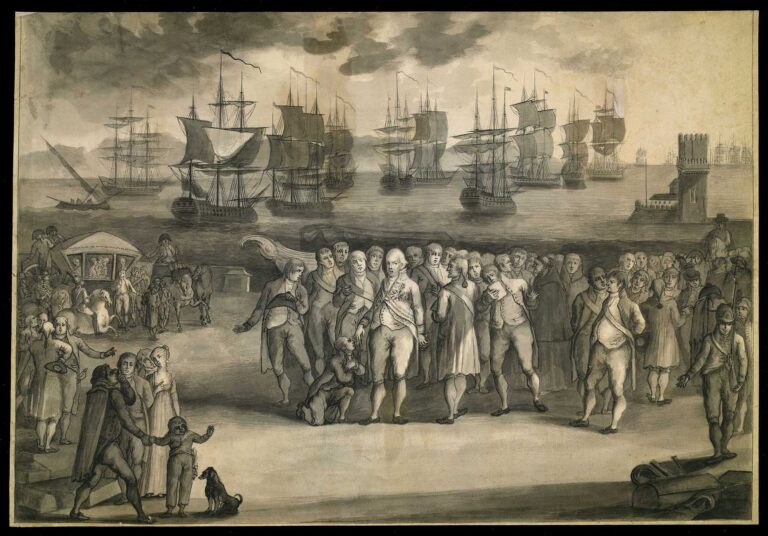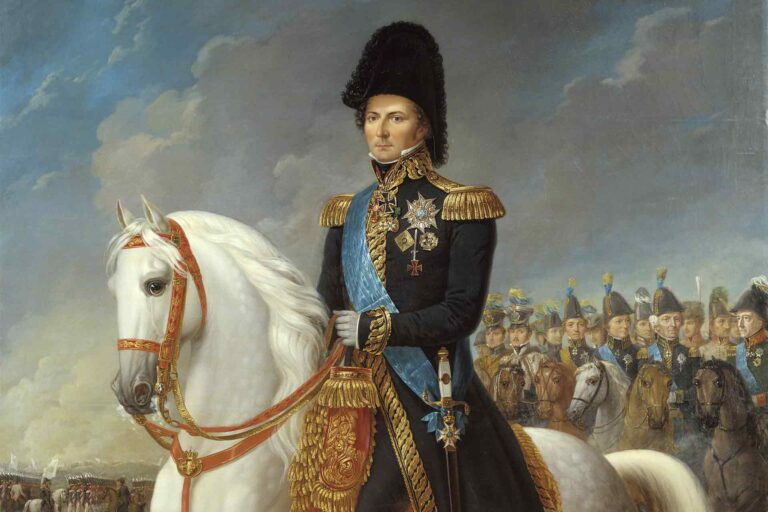25+ of the Best Books on the French Revolution
French Revolution books, more than 200 years after the storming of the Bastille, continue to draw avid readers. Rarely has a time in history combined so much stirring idealism, bloodshed, and upheaval. The French Revolution, from the Enlightenment to the Reign of Terror and beyond, toppled an ancient regime and gave birth to the modern world. In the following list of 25+ of the best books about the French Revolution, we consider eyewitness accounts, magisterial histories, and great novels that depict the passions, terrors, and aspirations of a world turned upside down.
25 of the Best Books on the French Revolution

Citizens: A Chronicle of the French Revolution – Simon Schama
(Non-Fiction, Comprehensive History)

Topic: The social, political, and cultural evolution leading to and during the French Revolution.
Summary: Schama presents a comprehensive narrative that connects the Revolution’s intellectual roots to its bloody conclusion. Lushly detailed and richly written, it traces how Enlightenment thought gave birth to both liberty and terror. The book’s cultural interpretation and storytelling style make it a highly readable and influential recent history of the Revolution.
Reflections on the Revolution in France – Edmund Burke (Non-Fiction, Political Philosophy)

Topic: A conservative critique of revolutionary principles.
Summary: Written in 1790, Burke’s book is one of the most influential counter-revolutionary writings in Western political philosophy. Burke argued that radical change and attacks on tradition would result in tyranny and chaos. The book had a significant impact on political philosophy and on responses to the revolutions in Europe.
The Old Regime and the French Revolution – Alexis de Tocqueville
(Non-Fiction, Political and Social Analysis)

Topic: The continuity between pre-Revolutionary France and the Revolution itself.
Summary: Tocqueville argues that the Revolution was not an absolute break, but rather the culmination of long-term social and administrative trends. His social and political analysis of class, bureaucracy and centralisation is still pertinent to contemporary politics. A seminal study of how a society can come to alter itself from within.
Twelve Who Ruled: The Year of the Terror in the French Revolution – R. R. Palmer
(Non-Fiction, Political History)
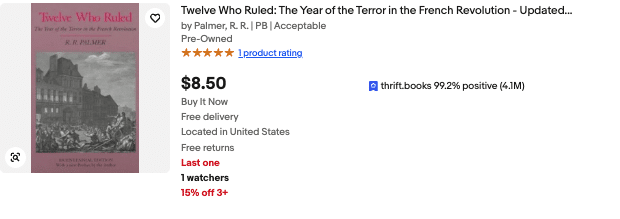
Topic: The Reign of Terror and the Committee of Public Safety.
Summary: Palmer focuses on the dozen men who led revolutionary France during the time of the Terror. The book conveys their efforts to reconcile ideology, war, and survival. It provides a sympathetic but critical account of revolutionary fervour and moral pragmatism.
The Coming of the Terror in the French Revolution – Timothy Tackett
(Non-Fiction, Social and Political History)

Topic: How fear and suspicion drove the Revolution toward violence.
Summary: Tackett analyzes the private letters and diaries of revolutionaries to uncover the psychology of the Reign of Terror. He reveals how paranoia, war, and treachery frayed the fabric of revolutionary fraternity. This highly personal history explains how revolutionary idealism was perverted into carnage.
The French Revolution: From Enlightenment to Tyranny – Ian Davidson
(Non-Fiction, Overview History)

Topic: The Revolution from 1789 to Napoleon’s rise.
Summary: Davidson offers a balanced assessment of Enlightenment ideals in light of reality. He details major events, such as the storming of the Bastille, the end of the monarchy, and the rise of Robespierre. The book is well-written and concise enough for the general reader.
A Tale of Two Cities – Charles Dickens
(Fiction, Historical Novel)

Topic: The French Revolution seen through love, sacrifice, and redemption.
Summary: Dickens’ classic novel is set between London and revolutionary Paris, tracking ordinary people caught up in extraordinary events. Justice, vengeance, and humanity are key themes that lead to one of literature’s most famous final acts. The book’s depictions of mob violence and moral courage are still powerful today.
Liberty or Death: The French Revolution – Peter McPhee
(Non-Fiction, Social and Political History)

Topic: The Revolution’s impact on everyday life.
Summary: McPhee weaves social, cultural, and political perspectives to reveal the lived experience of the Revolution for ordinary people. Peasants, women, and soldiers are as central to the story as are leaders and philosophers. A modern, inclusive vision of revolutionary change.
Revolutionary Ideas: An Intellectual History of the French Revolution from The Rights of Man to Robespierre – Jonathan Israel
(Non-Fiction, Intellectual History)

Topic: Enlightenment philosophy and revolutionary thought.
Summary: Israel associates radical Enlightenment figures, such as Diderot and Spinoza, with the ideological conflicts of 1789–1794. He contends the Revolution was fought as much with ideas as with armies. Thoroughly researched and philosophically profound, this work is indispensable for comprehending the intellectual roots of the Revolution.
Paris in the Terror – Stanley Loomis
(Non-Fiction, Eyewitness History)

Topic: Life in Paris during the Reign of Terror.
Summary: Loomis re-creates the terror, paranoia, and grand spectacle of revolutionary Paris in scenes of chilling humanity. Drawing on diaries, letters, and eye-witness reports, he chronicles the private agonies behind the violent public scene, capturing the full awful majesty of a city lost to political idealism and blood-drenched horror.
The Days of the French Revolution – Christopher Hibbert
(Non-Fiction, Narrative History)

Topic: Key events and personalities from 1789 to the fall of Robespierre.
Summary: Hibbert provides an accessible and rapid account of the Revolution’s most dramatic moments. His lively writing style brings Louis XVI, Marie Antoinette, and Danton to life. An ideal starting point for newcomers to the topic.
Robespierre: A Revolutionary Life – Peter McPhee
(Non-Fiction, Biography)

Topic: The life and ideology of Maximilien Robespierre.
Summary: McPhee’s take on the man often cast as the Terror’s villain is more complex. He delves into Robespierre’s idealism, inconsistencies, and moralism. Stripping away myth from man, the biography reveals a complex blend of conviction and self-deception.
The Fall of Robespierre: 24 Hours in Revolutionary Paris – Colin Jones
(Non-Fiction, Microhistory)

Topic: The dramatic final day of Robespierre’s rule.
Summary: Hour by hour, Jones re-creates July 27, 1794, drawing on eyewitness testimony and documents. It’s a political thriller that follows the final fall of the Revolution’s most polarizing leader—a masterclass in narrative history.
Napoleon: A Life – Andrew Roberts
(Non-Fiction, Biography)

Topic: Napoleon’s rise from revolutionary general to emperor.
Summary: In Napoleon, Roberts fuses history, letters, and strategy to convey the Emperor’s appetite and acumen. Napoleon has been cast as the betrayer of the Revolution, but he also entrenched many of its gains. This is a human portrait of brilliance and paradox.
The Scarlet Pimpernel – Baroness Orczy
(Fiction, Historical Adventure)

Topic: A daring rescue network during the Reign of Terror.
Summary: An English nobleman rescues French aristocrats from the guillotine. A mix of romance, intrigue, and derring-do, this is one of the first “masked hero” stories. A popular and enduring tale of the perils and thrills of the French Revolution.
The Women of Paris and Their French Revolution – Dominique Godineau
(Non-Fiction, Gender and Social History)

Topic: Women’s activism and experiences during the Revolution.
Summary: Godineau reclaims the voices of women, from market women to political activists. She demonstrates their impact on revolutionary politics, despite being denied power. This is a pioneering work on the intersection of gender and citizenship.
Fatal Purity: Robespierre and the French Revolution – Ruth Scurr
(Non-Fiction, Biography)

Topic: Robespierre’s life and moral vision.
Summary: Drawing on new research, Scurr paints a gripping portrait of Robespierre, consumed by the pursuit of virtue and incorruptibility. Her exhilaratingly vivid prose brings to life the stern revolutionary and reveals the paradox of his regime—a literary and psychological study of power and belief.
The Terror: The Merciless War for Freedom in Revolutionary France – David Andress
(Non-Fiction, Military and Political History)

Topic: The Reign of Terror’s causes and consequences.
Summary: Andress links the concept of revolution with the need -and tragedy- of violence. He shows how France’s domestic divisions and foreign wars fed extremism. The book is both a moral dissection and a gripping read.
Revolutionary France, 1770–1880 – François Furet
(Non-Fiction, Intellectual History)

Topic: The long-term impact of the French Revolution.
Summary: Instead of understanding the Revolution as a single event, Furet reinterprets it as a process that produced a new French identity for the next century. He rejects both Marxist and romantic interpretations of the Revolution, instead understanding it as a new type of political phenomenon. This book is a significant contribution to modern historiography.
Marie Antoinette: The Journey – Antonia Fraser
(Non-Fiction, Biography)

Topic: The life and legacy of France’s last queen.
Summary: Fraser’s sympathetic portrait of Marie Antoinette explodes the myth of her as a frivolous, giddy queen. An authoritative account, drawing on letters and contemporary sources, this biography presents a nuanced portrayal of Marie Antoinette’s final years as she faced the revolution. Rich, humane, and timely, this book redefines a woman written off as a villain.
The French Revolution: A Very Short Introduction – William Doyle
(Non-Fiction, Introductory History)
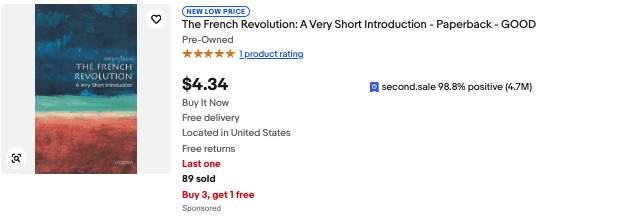
Topic: A concise overview of the Revolution’s causes, course, and consequences.
Summary: In Doyle’s analysis, we have the distillation of several decades of scholarly work. Concise and lively, it provides a valuable overview of current debates, the major players, and the big ideas in just over 150 pages. It is ideal for the novice and should prove invaluable as an introduction to this still-developing field. Doyle succeeds in conveying something of the magnitude and significance of the Revolution despite its relatively brief compass.
The Giant of the French Revolution: Danton, A Life – David Lawday
(Non-Fiction, Biography)

Topic: The life of Georges Danton, revolutionary leader.
Summary: Lawday presents Danton as the incarnation of the Revolution’s energy and humanity. His dramatic account emphasizes the contrast between Danton’s passion and Robespierre’s inflexibility. Lawday’s rendering of this tumultuous period is a close, personal look at friendship, politics, and treason.
The French Revolution and the People – David Andress
(Non-Fiction, Social History)

Topic: Popular participation and identity during the Revolution.
Summary: Andress is concerned with the perception of revolutionary politics by the ordinary people (peasants, artisans, and soldiers), and with their contribution to the Revolutionary process. “Written with the Revolution’s participants as the chief agents and witnesses, Andress’s book recasts the Revolution from below. It is an evocative study of crowds and popular politics at work and of a people learning to become political.”
The Anatomy of Revolution – Crane Brinton
(Non-Fiction, Comparative History)

Topic: Patterns shared by major revolutions, including France’s.
Summary: Examining the French, American, Russian, and English Revolutions, Brinton finds a basic pattern of phases common to revolutions. Brinton’s concepts of moderation, radicalization, and reaction remain fundamental to revolutionary theory. A classic of comparative political analysis.
Napoleon: The Path to Power, 1769–1799 – Philip Dwyer
(Non-Fiction, Biography)

Topic: Napoleon’s rise during and after the Revolution.
Summary: Dwyer’s meticulous biography chronicles Napoleon’s rise, providing a window into his early life. From Corsican roots, ambition and shrewdness propelled the revolutionary era’s dark horse. Dwyer paints a portrait of a man forged by chance, conviction, and self-confidence. The narrative dissects the making of a legend amidst tumultuous change.
The Confessions of Jean-Jacques Rousseau – Jean-Jacques Rousseau
(Non-Fiction, Autobiography & Intellectual Influence)

Topic: The life and thought of Rousseau, whose ideas helped inspire the Revolution.
Summary: Published before the Revolution but widely read by the revolutionary generation, Rousseau’s Confessions had a considerable impact on their mentality. In this autobiographical work, Rousseau tried to understand the life he had led, his failures, and his ideals. The passion with which he describes his beliefs is present throughout this book: he was a defender of the freedom and equality of men. This political philosophy was echoed in the revolutionary vocabulary.
The Key Works of Georges Lefebvre on the French Revolution – Georges Lefebvre
(Non-Fiction, Historical Analysis)

Topic: Foundational studies on the origins, progress, and social dimensions of the French Revolution.
Summary: Lefebvre’s most important works are those that placed the themes of class struggle, popular rural insurrection, and mass movements at the center of the French Revolution. The Coming of the French Revolution (1939) points to the centrality of peasants and urban workers to 1789, The French Revolution From Its Origins to 1793 masterfully combines erudition and storytelling, and the two-volume The French Revolution offers a monumental narrative from the end of the monarchy to the rise of Napoleon. The Great Fear of 1789 (1932) examined how fear, rumor, and revolt contributed to the revolution of the people.
The French Revolution, 1787–1799: From the Storming of the Bastille to Napoleon – Albert Soboul
(Non-Fiction, Political and Social History)

Topic: The evolution of the French Revolution from its outbreak to Napoleon’s rise.
Summary: One of Lefebvre’s most significant intellectual successors, Soboul provided a comprehensive and impassioned history of the Revolution’s social and political changes. He focused on the sans-culottes and other popular movements that were central to revolutionary Paris. Merging meticulous research with clear, readable prose, Soboul conveyed both the dynamism and the tragedy of the Revolution, and presented it as a great conflict for equality, liberty, and justice that forged the modern world.
The Glory and the Sorrow: A Parisian and His World in the Age of the French Revolution – Timothy Tackett
(Non-Fiction, Social and Cultural History)

Topic: The French Revolution seen through the life of a single Parisian.
Summary: In this stirring account of one revolutionary’s life, Tackett tells the story of Pierre-Louis Roederer, a moderate who experienced both revolutionary highs and lows. Tackett draws on Roederer’s diaries and letters to trace the ebb and flow of revolutionary emotion and transformation. He finds a humane account of the hopes, chaos, and disillusionment that ordinary citizens confronted as they struggled to make sense of fear, faith, and survival in the maelstrom of history.
The Revolution Against the Church: From Reason to the Supreme Being – Michel Vovelle
(Non-Fiction, Religious and Intellectual History)

Topic: The struggle between religion and revolutionary ideology in France.
Summary: Vovelle examines the role of Christian faith in France during and after the Revolution, as well as the efforts by Revolutionary France to supplant Christianity with alternative civic and moral religions centered on the concepts of reason, liberty, and virtue. He analyses the Dechristianization of France, the cult of the Supreme Being, and the general struggle between faith and Enlightenment. At once archival and philosophically informed, Vovelle offers a nuanced portrayal of how the Revolution sought to transform not only the nation’s political life but also its spiritual life.
A Place of Greater Safety – Hilary Mantel
(Fiction, Historical Novel)

Topic: The lives of three key figures of the French Revolution—Danton, Desmoulins, and Robespierre.
Summary: In Mantel’s exquisitely detailed novel, the reader experiences both the political intrigue and emotional drama of revolutionary Paris. Following the lives of friends turned revolutionaries, Mantel shows how ambition, friendship and ideology can entwine and consume. Combining rigorous research with psychological acuity, Mantel reinvents history as an intimate and tragic study of the men who fanned – and were engulfed by – the flames of Revolution.
